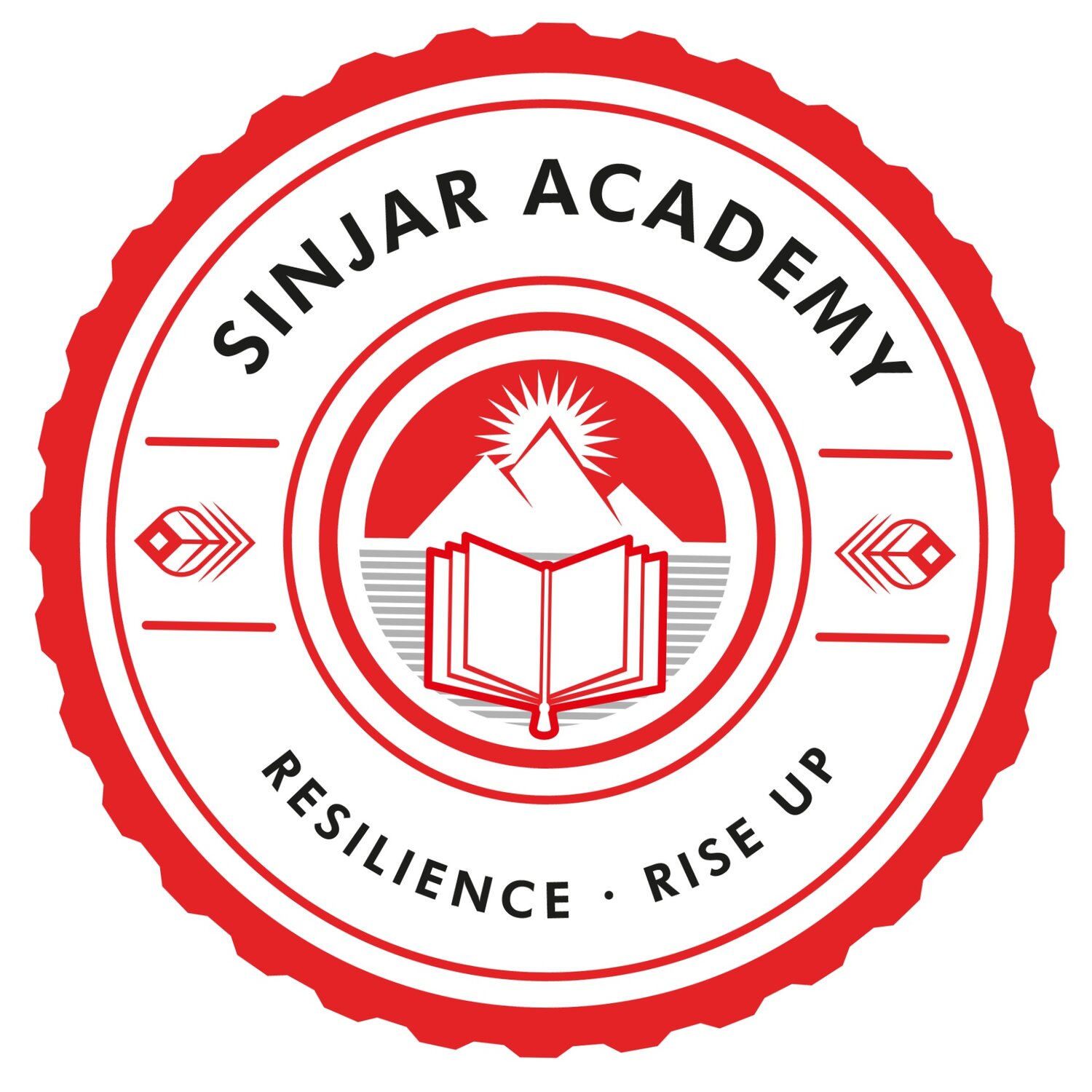About
Who We Are:
Sinjar Academy (SA) is a US-based 501(c)(3) Non-Profit NGO and educational institution established to provide higher learning services to people from Sinjar, including the districts of Sinjar, Ba’aj, Rabia, and Talafar, and internally displaced people of these regions where 800,000 of Iraq’s ethnic and religious minorities reside.
Public Charity Status:
Sinjar Academy is a public charity registered in the United States under section 501(c)(3) of the Internal Revenue Code. Sinjar Academy is also registered in Kurdistan as a foreign NGO.
Programs:
Sinjar Academy provides courses in three key areas that we find crucial for the development of Sinjar and the neighboring districts:
English as a Second Language
Information Technology and Software Development
Business Administration
Sinjar Academy also creates Classes and Short Courses that help build the community in areas such as Transitional Justice, Advocacy, German, Artificial Intelligence, Cultural Heritage, Digital Media, and Film making.
Future Plans include creating Secondary School K-12 Supplementary Education.
Strategy:
Sinjar Academy uses a modern educational method of a hybrid model consisting of two components: virtual instruction and traditional in-person instruction. The virtual element allows Sinjar to utilize skillful educators and mentors from around the world to teach courses. The in-person element will complement and strengthen our programs through personal interactions.
Our Education Fits to the Need:
These programs are designed to meet the current employment needs in the region and country as well as to generate new streams for job creation and business development.
The Area and People We Serve:
Sinjar and the surrounding areas are the homelands of Iraq’s ancient minorities, including Yazidis, who continue to face existential challenges, especially after the genocidal campaign carried out by ISIS. The recent persecution and systematic prejudice have resulted in an undereducated region. The lack of universities and other post-secondary educational institutes in the region has prevented thousands of students from pursuing educational opportunities. The lack of education inhibits economic growth, as the people of Sinjar remain largely reliant on traditional agriculture, which does not provide economic opportunities or generate wealth. Poverty in Sinjar and in neighboring districts is high. More than half of the population displaced in 2014 has not been able to return. The lack of opportunity in Sinjar is one of the factors impacting people’s decision not to return to their homeland.
To help minorities in Iraq, including the Yazidis, recover and thrive after the genocide, quality education must be made available to thousands of young graduates every year. Without proper education, the region will continue to decline, and economic opportunity will fail to emerge. This will cause more than half of the population who are currently displaced to remain dispossessed; not only that, those who have returned could begin to leave the region if jobs are not created and a functional economy is not built.
